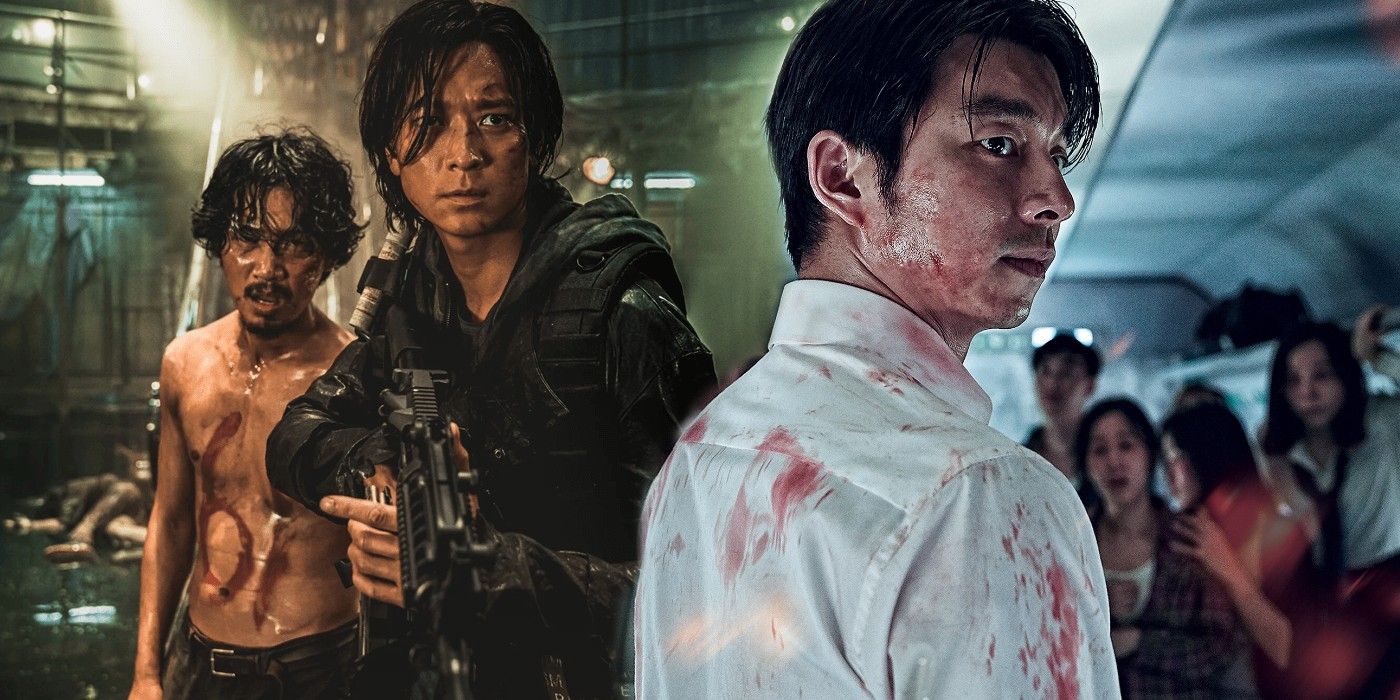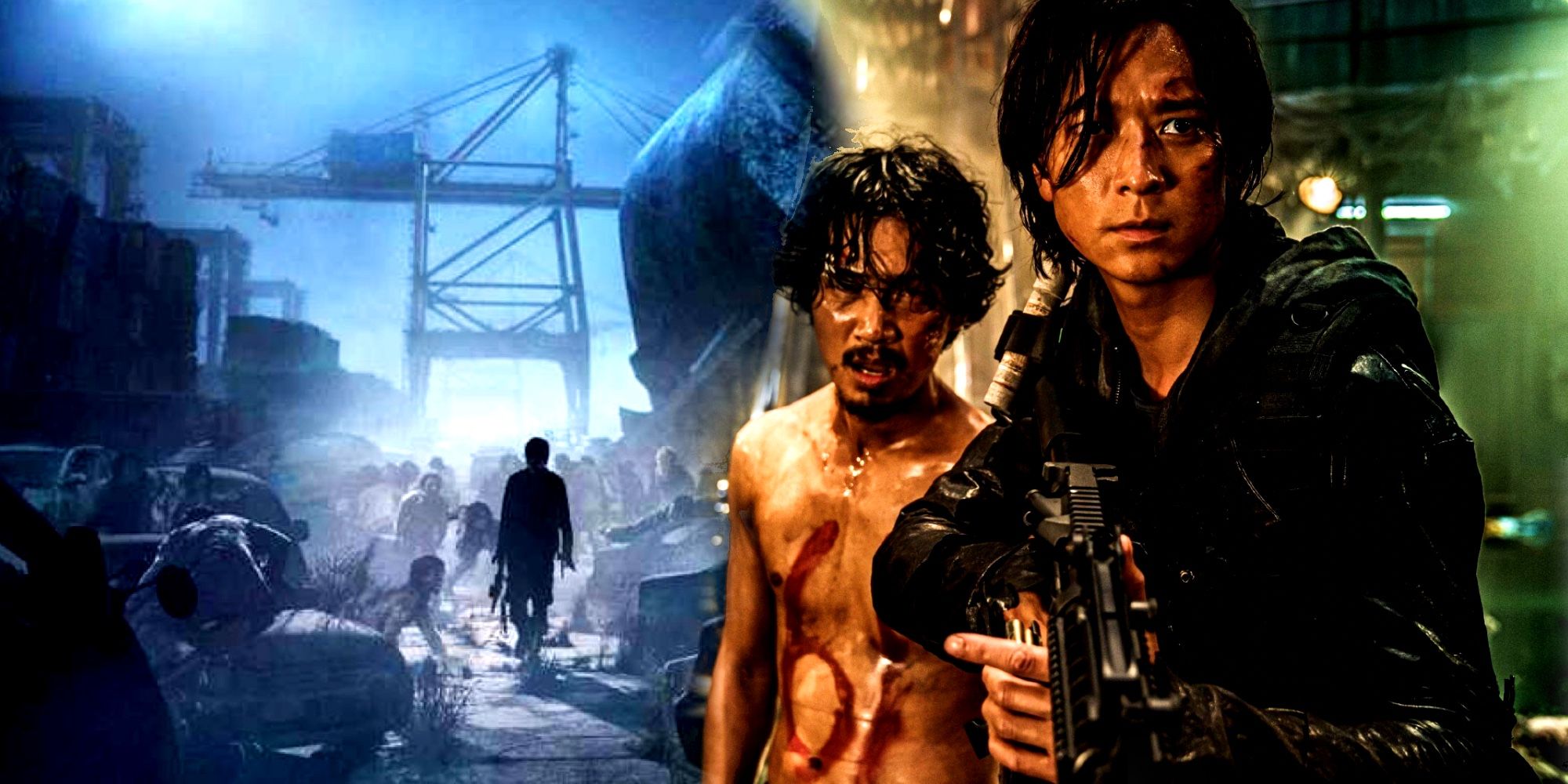Train to Busan (2016): A Riveting Ride Through Chaos and Humanity
Train to Busan, directed by Yeon Sang-ho, is a landmark in modern zombie cinema that blends high-octane action, social commentary, and heartfelt drama. Released in 2016, the South Korean film takes a familiar apocalyptic premise and revitalizes it with an emotionally rich narrative, intense pacing, and memorable characters. It follows the journey of a divorced, workaholic fund manager named Seok-woo (played by Gong Yoo), who boards a KTX bullet train from Seoul to Busan with his young daughter, Su-an (Kim Su-an), just as a deadly viral outbreak begins to spread across the country.
The film wastes no time plunging into chaos. Mere minutes after departure, a visibly infected woman sneaks onto the train, transforming rapidly into a violent, rabid zombie. The infection spreads like wildfire, turning the enclosed train into a death trap on rails. As the number of survivors dwindles, passengers must fight not only the undead but also their own fears and selfish instincts. Seok-woo initially focuses only on keeping his daughter safe, but as the journey progresses, he undergoes a significant transformation—from a detached and self-centered businessman to a selfless protector and father.

One of the film's greatest strengths lies in its character development and emotional depth. In addition to Seok-woo and Su-an, the train carries a diverse cast of characters who reflect different facets of society. Sang-hwa (Ma Dong-seok), a tough but kind-hearted man protecting his pregnant wife, and Yon-suk (Kim Eui-sung), a ruthless corporate executive willing to sacrifice others to save himself, serve as symbolic opposites. These contrasting figures underline the film's recurring themes: altruism versus selfishness, unity versus division, and the power of human empathy in times of crisis.
Visually, Train to Busan is a masterclass in tension and claustrophobia. The confined spaces of the train carriages create a constant sense of urgency, with expertly choreographed action sequences that keep the audience on edge. The zombies are depicted with terrifying speed and aggression, adding to the film’s relentless pacing. Director Yeon Sang-ho effectively uses the limited setting to enhance the suspense, while also allowing moments of quiet, emotional reflection between the bursts of chaos.

Beyond its thrilling action and horror, the film offers a poignant social critique. It examines class divisions, corporate indifference, and the consequences of a society driven by individualism. The virus, while fictional, becomes a metaphor for the moral decay that occurs when people abandon compassion in the face of fear. The final act, set against a hauntingly quiet and deserted Busan station, delivers an emotional gut-punch that leaves a lasting impression.
Train to Busan received widespread international acclaim, not just as a zombie film, but as a deeply human story wrapped in a survival thriller. It became a box office success, especially in Asia, and garnered praise for its originality, direction, and performances—particularly that of young Kim Su-an, whose emotional range adds a powerful touch to the film’s conclusion.

In short, Train to Busan is more than just a zombie movie. It’s a gripping, emotionally charged ride that explores what it means to be human in the face of unimaginable horror. It redefines the genre by balancing terror with tenderness, proving that even in the darkest moments, hope and humanity can survive.

